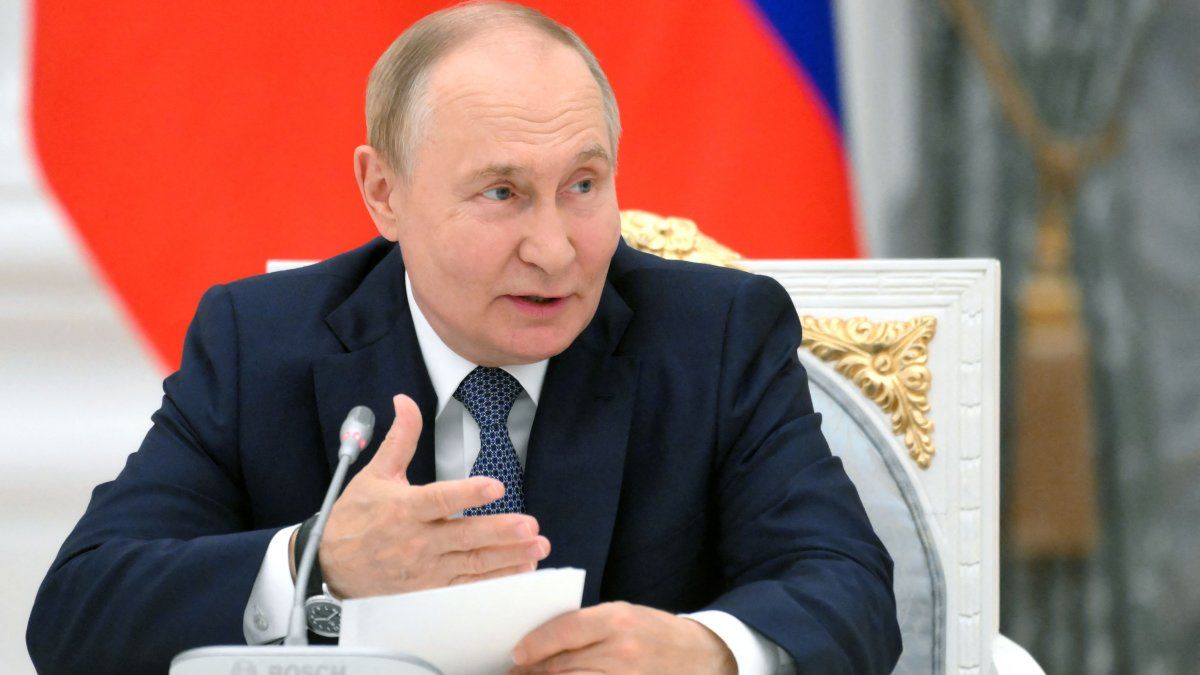Excess ego in leadership is not strength, but lack. Behind the power facade usually hides the insecurity of those who failed to cement a solid self -esteem.
The failures of a insecure leadership They do not ruin only to the environment, as the leaders themselves usually believe. They also end up destroying their careers and, in many cases, their lives. The good news is that there is the possibility of getting out of that dynamic: the overflowing ego It is not an inevitable conviction, but a symptom that can be corrected if it is recognized in time. Understand why it happens – and how it can be reversed – is key to decipher The Ego paradox.
The content you want to access is exclusive to subscribers.
A leader who believes is invulnerable is not a giant, but A disguised child. What we usually call “excess ego” is actually a lack: The lack of internal foundations that pushes to overact. Against common intuition, a balanced ego is not born from excess, but from the quiet security of a solid self -esteem.


The Social Psychology It offers us a frame to understand it. Erik Erikson, in Childhood and society (1950), described the importance of the first vital stage: Trust against distrust. There you play the matrix on which personality is built. George Herbert Mead, in Mind, Self, and Society (1934), explained that the self is formed in the Primary socialization -Family and early links- and reconfigures in the Secondary socialization -School, pairs, institutions-. If these stages fail, cracks emerge that seek compensation in adulthood. The overflowing ego is many times A cry in power of power.
Primary socialization is decisive because in the family environment the child learns if the world is reliable, if affection is unconditional and if the word of adults has value. There the first emotional compass is forged: an absent father, an overprotective mother or a climate of violence leave traces that then manifest as insecurity, distrust and need for external recognition. Self -esteem that is not built in the family usually tries to supply later with A noisy ego.
Secondary socialization acts as a second training layer. In school and school, the child and adolescent learn to compare themselves with others, to compete, to obey rules and also to rebel against them. The first years of independent life – university study, initial work, friends outside the home – reinforce or correct what was learned at home. A school environment that ridicules instead of accompanying, or a first boss to humiliates instead of guiding, can reinforce insecurities. On the contrary, the experience of belonging to a group that Value the difference and recognize merits You can repair previous gaps and cement self -esteem.
Compensating those failures is possible. Charles Cooley, in Human Nature and The Social Order (1902), raised the concept of “Social mirror”: See you through how we believe others see us. In adulthood, this mirror can be corrected with mentoring, therapy or community. Albert Bandura, in Self-Empficcy: The Exercise of Control (1997), showed that the Self -efficacy -The trust in the ability to act- is the lever that allows to rebuild self-esteem when the initial foundations were weak. Of course, some leaders prefer not to look in that mirror: they fear discovering that behind the crown or the desk there are only An insecure face.
On the ground political and businessthese dynamics become decisive. Insecure leaders, in need of compliments, usually surround themselves with obsoles who reinforce their delusions. Nero and Seneca They embody this tragedy: a disciple unable to listen to the teacher. The same happened with Enrique VIII and Tomás Moro: The king preferred to decapitate the uncomfortable counselor before confronting his insecurities. Plato in Syracuse He failed for identical reason: a ruler unable to listen is a wall, not an interlocutor. The problem is that the walls, however high they are, end up falling on top of who lifts them.
Nero sank into madness, Enrique VIII was caught in a succession of marriage failures and wars, and even in the corporate world the greats CEO Narcisists They usually fall loudly when flatterers stop holding them. The overwhelmed ego is a lousy retirement insurance.
In contrast, leaders with firm self -esteem tolerate dissident voices. Abraham Lincolnas Doris Kearns Goodwin remembers in Team of rivals (2005), he built a cabinet with his toughest critics because he trusted himself enough to not need flatterers. Nelson Mandelawith a temperate self -esteem in years of jail, he could listen, forgive and build consensus. I didn’t need to swell his ego: his Interior strength He held it.
The choice between Sincere and observing advisors It is not less: defines the destiny of leadership. Isaiah Berlin showed, in Freedom and ITS Betlayal (2002), how the inability to accept criticism has sunk political projects that seemed immovable.
Ultimately, what ruins the leader is not an ego too big, but A void too deep. Because who cannot support himself needs to hold him applause.
Analyst and director of mentorpublico.com
Source: Ambito
David William is a talented author who has made a name for himself in the world of writing. He is a professional author who writes on a wide range of topics, from general interest to opinion news. David is currently working as a writer at 24 hours worlds where he brings his unique perspective and in-depth research to his articles, making them both informative and engaging.




